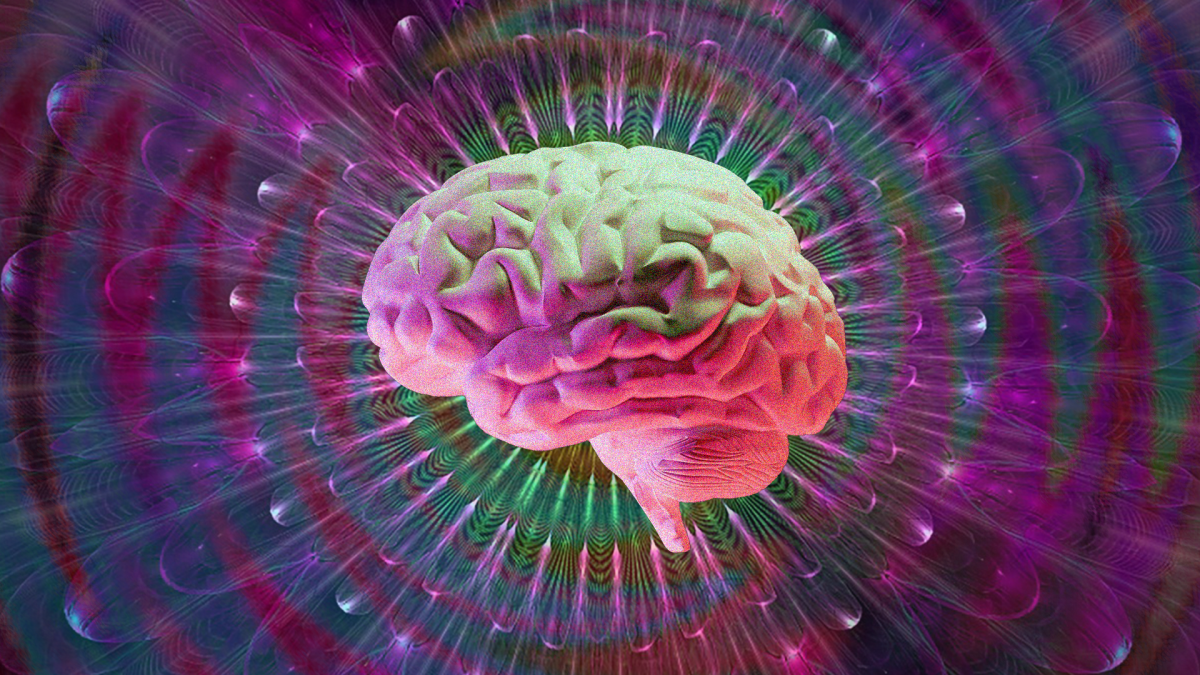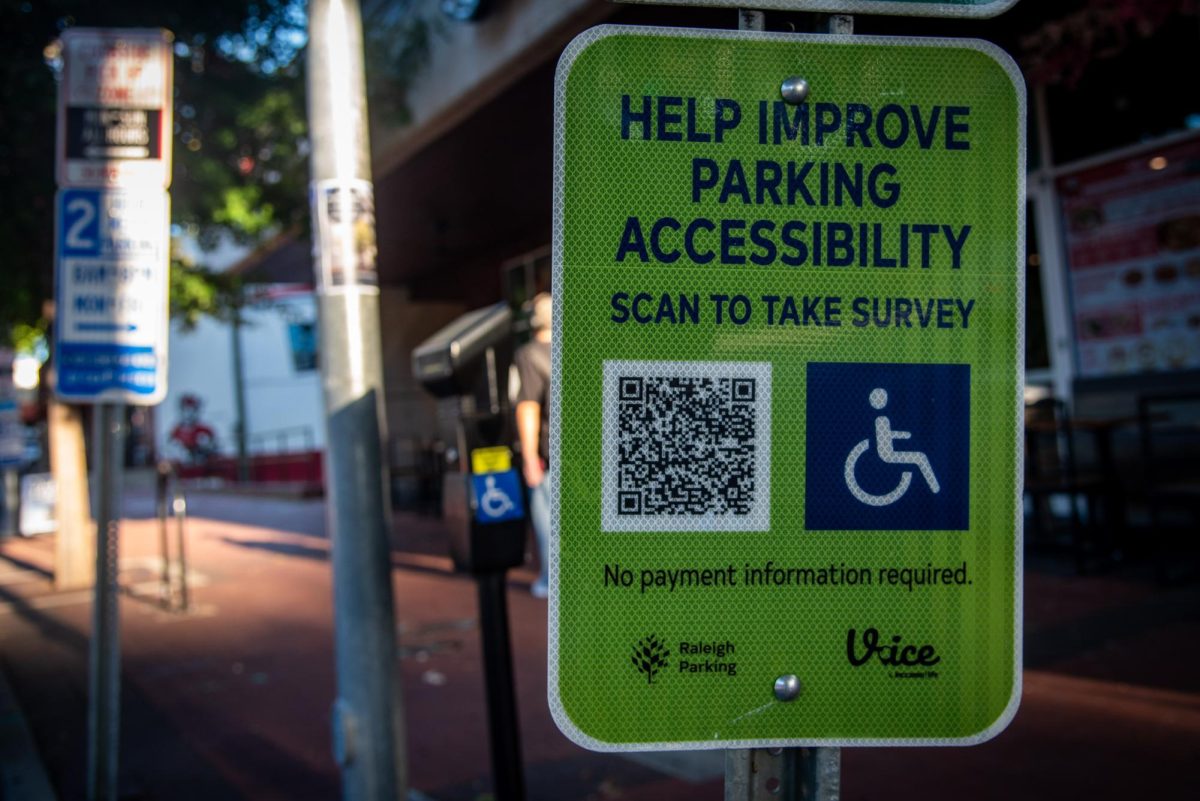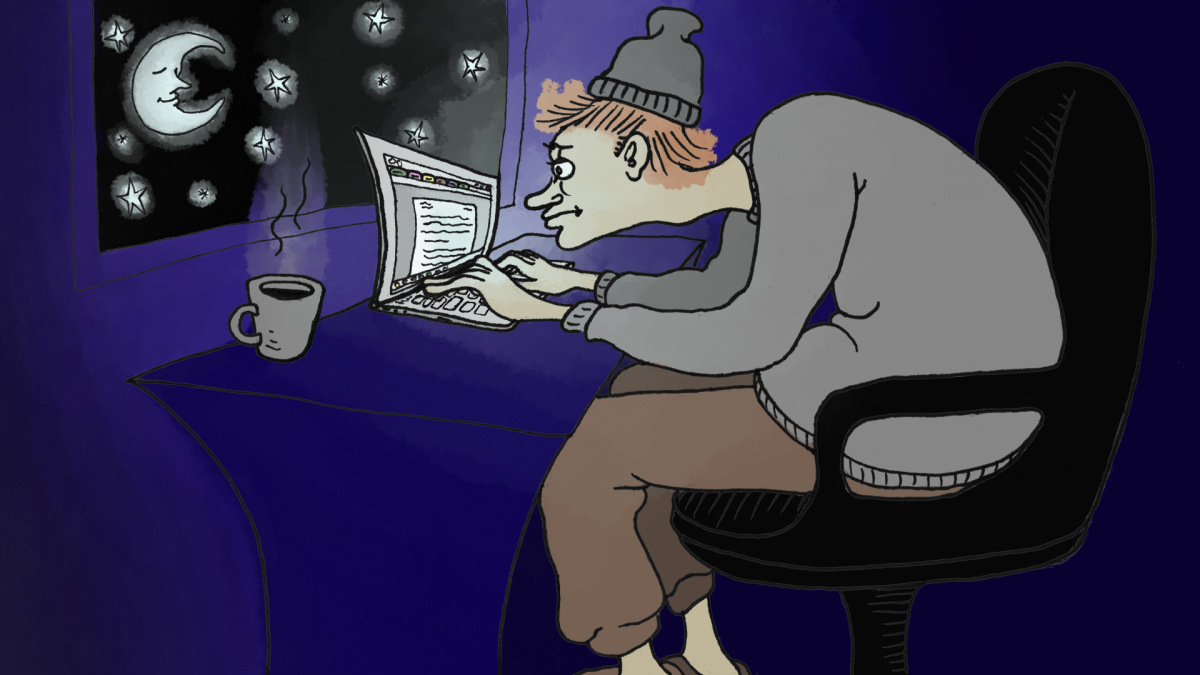North Carolina lawmakers, health experts and advocates are weighing in as Senate Bill 568 proposes establishing a mental health task force to study the use of psychedelic-assisted therapy for conditions like depression and PTSD.
Gina Giorgio, director of strategy for Students for Sensible Drug Policy and founder of the North Carolina Psychedelic Policy Coalition, has played a central role in advocating for this approach. She said her coalition is designed to bridge expertise from clinicians, veterans, patients and community leaders.
“We believe that the experts that we have can help really effectively and safely inform this type of legislation, and we can do so in collaboration with both sides of the aisle, because we really don’t think that this is a political issue, but this is really a matter of saving lives and bettering futures,” Giorgio said.
Giorgio said previous efforts, such as House Bill 727 in 2023, won bipartisan support and would have allocated state funding for research into psilocybin and MDMA. Although that bill was held up in the budget process, she said legislative momentum is growing because so many elected officials and community members have personal connections to veterans facing mental health challenges.
Giorgio said the bill would not legalize psychedelics for general use in North Carolina but “would create a potential model for implementation for when psychedelics do become federally legal.” With MDMA and psilocybin nearing FDA approval, Giorgio said this is a chance for the state to train its workforce and plan for safe accessibility.
Inside the clinic, the current legal landscape still shapes what’s possible. Raymond Turpin, a clinical psychologist and director of the Pearl Psychedelic Institute in Waynesville, N.C., participates in clinical trials for MDMA therapy for PTSD, one of only two authorized sites in the country.
“We were able to treat four people: one was a veteran, one was a law enforcement officer and then we had two females, also who had emotional and sexual abuse histories, and these were four people that had had PTSD for 35 to 62 years,” Turnpin said. “They’d been through all the treatments, the medicines, nothing had really worked and after three treatments of MDMA, about a month apart, none of them qualified for a PTSD diagnosis anymore.”
Turpin’s clinic also offers ketamine therapy, the only legal psychedelic for mental health in North Carolina. Turpin said the most important distinction between traditional psychiatry and psychedelic therapy is the method of healing.
“Psychedelics allow you to get down underneath what’s causing the initial injury, where is the initial trauma,” Turpin said. “It allows you to go beyond the defenses and to get right down to what’s at the core of what’s so. So it’s a bottom-up approach as opposed to our traditional top-down approach.”
Safety remains a focus inside these clinics. Turpin addressed misconceptions, especially fears stemming from past cultural panics and media reports.
“Well, medically, physiologically, these substances are typically extremely safe, nontoxic, very safe substances,” Turpin said. “The risks are psychological and emotional, which is why unsupervised, irresponsible use can lead to negative consequences, but typically those consequences are psychological and emotional.”
UNC clinical instructor Lindley Reynolds echoed this emphasis on preparation, describing her work with clinical trials for esketamine and psilocybin. She said substantial groundwork is done before a psychedelic session to build trust and manage expectations.
“A lot of the work is done in preparation to develop a lot of trust and safety for the experience,” Reynolds said. “We do a lot of work around managing expectations for this, because it is not a magical cure and it is not a magical fix.”
Reynolds said psychedelics work by temporarily turning down the brain’s default mode network, which allows different regions to connect more freely. This process creates new neural pathways and increases brain plasticity, enabling changes in entrenched patterns and behaviors that traditional therapy alone may not achieve.
Reynolds said patients with severe depression or treatment-resistant conditions may benefit the most, as these therapies allow them to access parts of themselves that have been shut down by chronic illness.
Beyond existing treatments like ketamine, Reynolds said other psychedelics such as psilocybin and MDMA offer distinct therapeutic benefits. She said ketamine acts as a short-term catalyst by briefly creating brain changes to ease symptoms, but its effects may be less enduring without intensive therapeutic support.
In contrast, psychedelics like psilocybin produce longer-lasting neuroplasticity by opening an extended window during which the brain is more adaptable, enabling deeper emotional processing and sustained healing. This broader flexibility allows patients to engage in meaningful reflections and transformations that go beyond the immediate symptom relief ketamine provides.
As North Carolina remains in the early stages of policy change, organizations like Students for Sensible Drug Policy are bringing together students, researchers and advocates to collaborate on education and outreach. Giorgio said there is a lively network of local groups and societies across the state. These coalitions regularly meet for education, advocacy and clinical support, involving people from all walks of life.
Reynolds and Giorgio both emphasized the importance of drawing wisdom from indigenous communities and trauma survivors, who would be included on the board proposed by Senate Bill 568, as their knowledge and lived experience can help guide ethical and effective practice.
“It is a medicine that we are taking into spaces without the sacred component to it, and so I think ultimately, what we want to do is blend sacred and science,” Reynolds said. “I think indigenous communities have gifted us a lot of knowledge and wisdom, but this is something where I think we need to show reverence and show respect, and to involve them in being in spaces where psychedelic medicines are used.”
For Turpin, the potential stakes of these policy changes are enormous.
“If we were able to have access to these substances and be able to treat people, we would see a 100-year leap in our ability to treat mental illness,” Turpin said. “And it’s right there. We’ve had these things for in some cases, MDMA has been around for over 100 years. So we know how to use these things. So I think there’s just a real commitment — I think there’s a recognition on all of our parts that this is what we have the potential. And so we’re all very committed to trying to just educate people about the opportunity that we have here with these compounds.”





